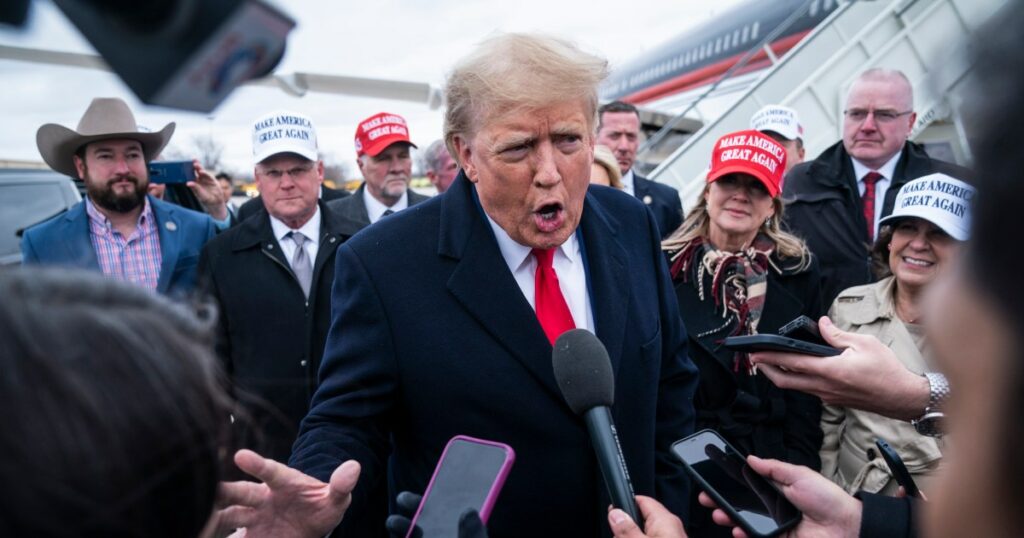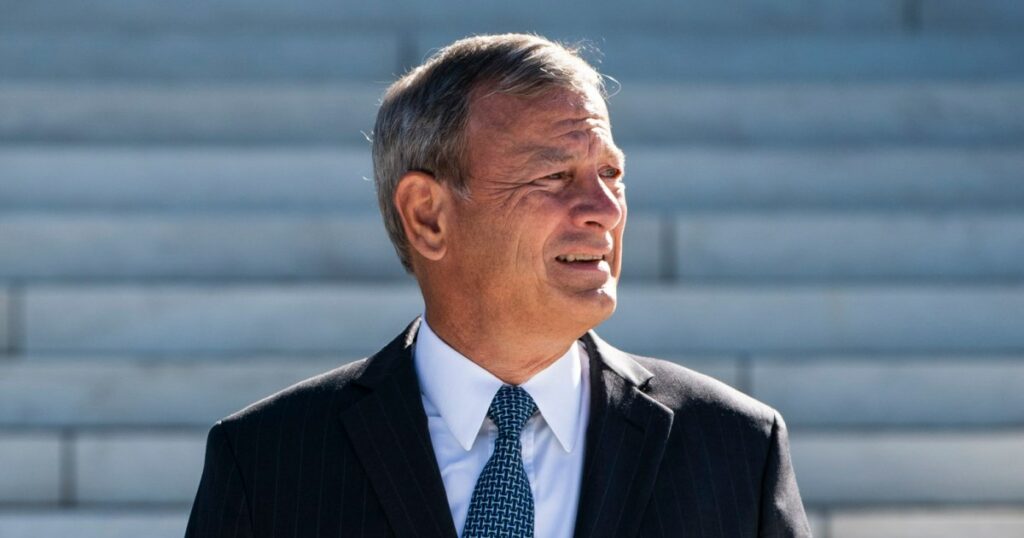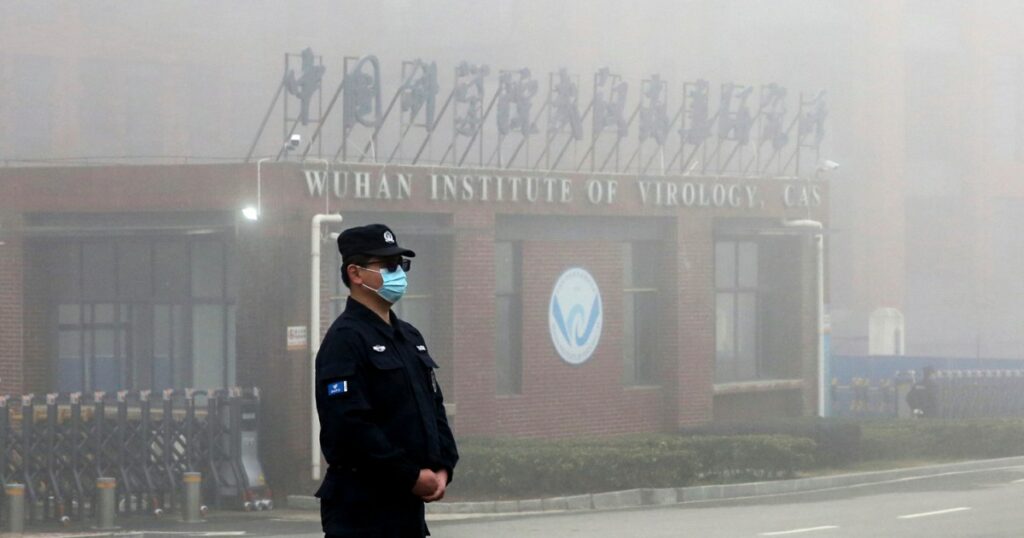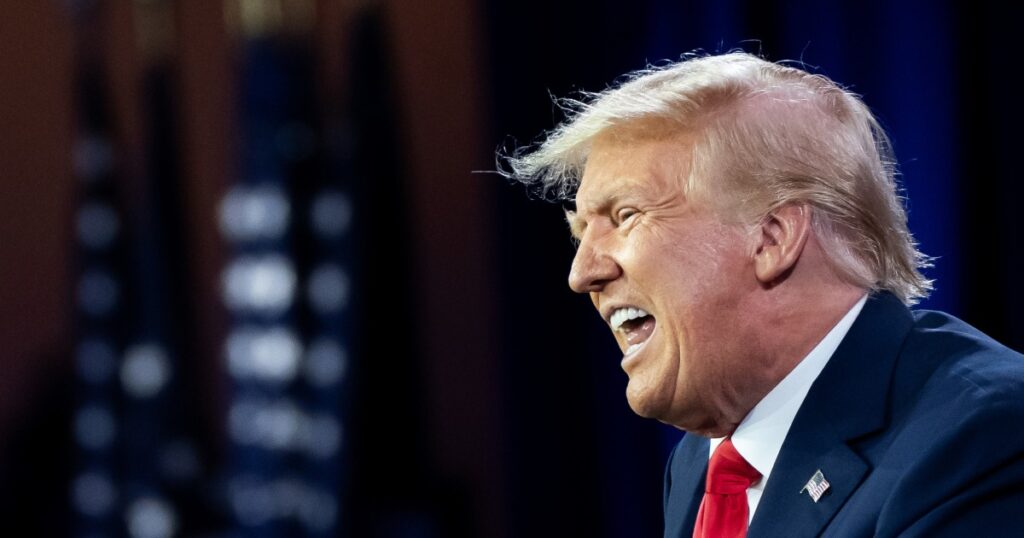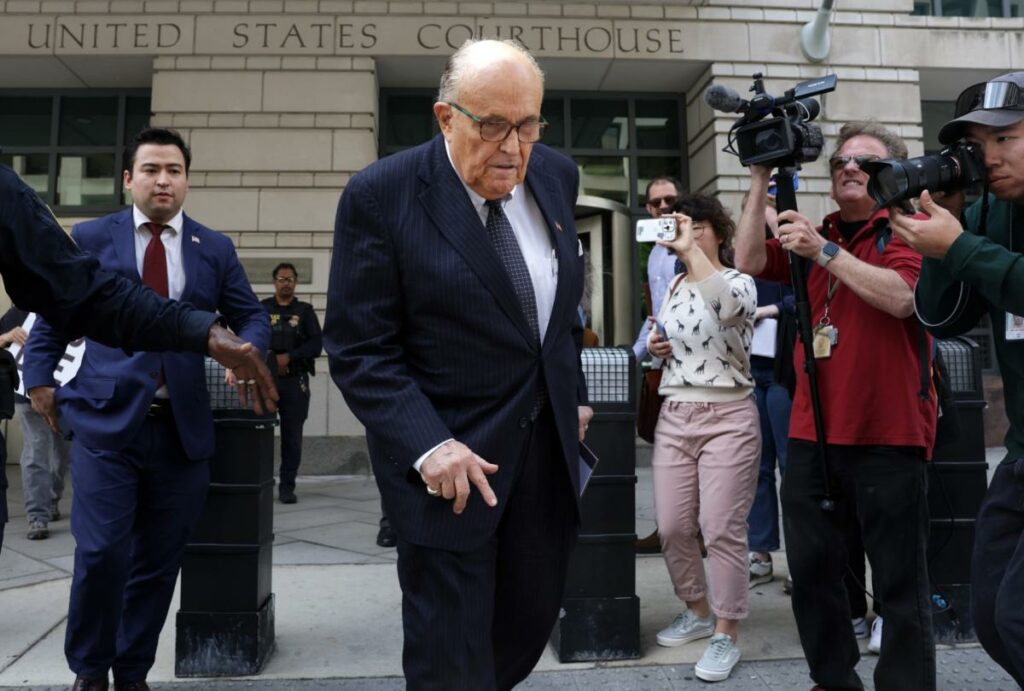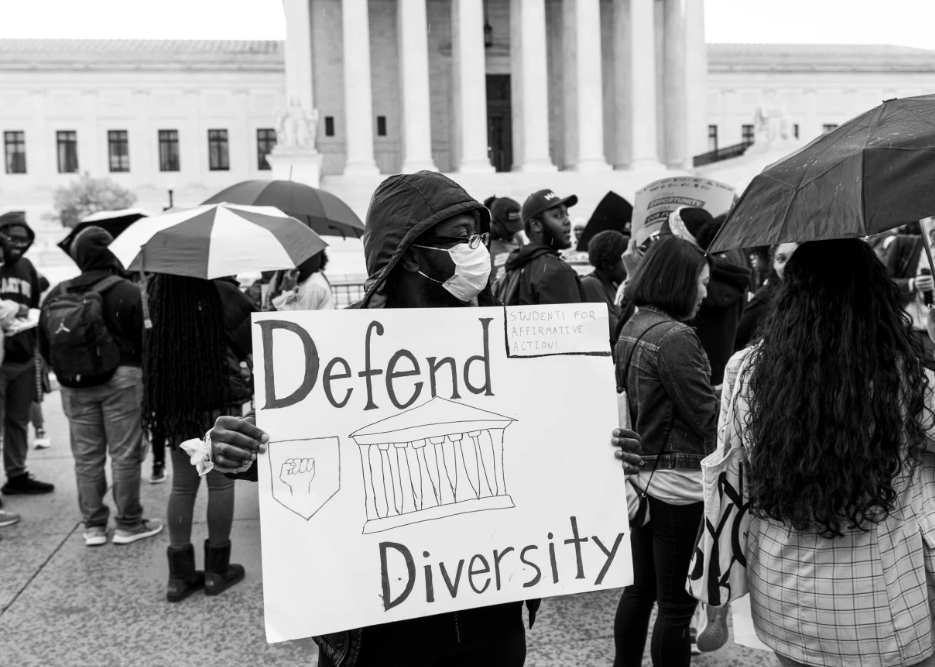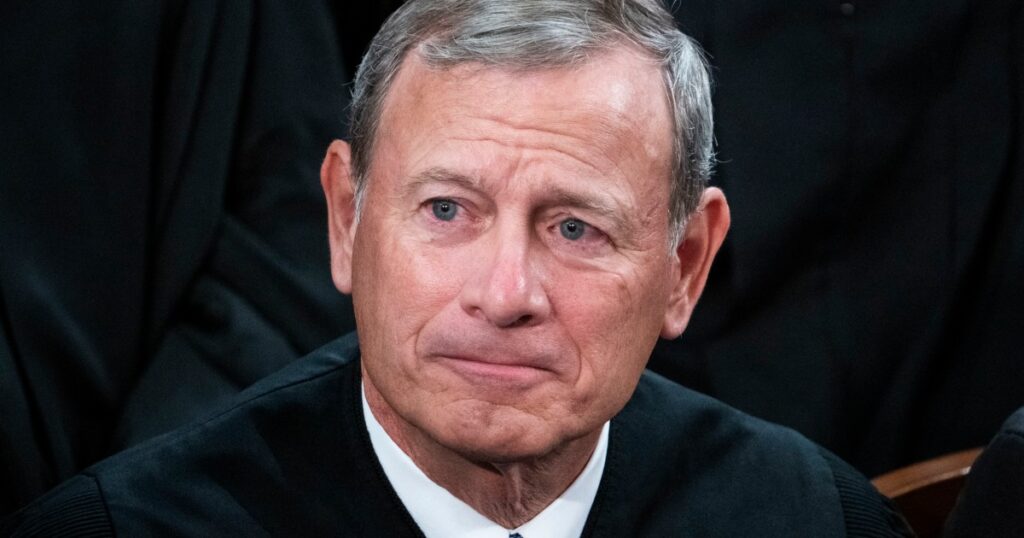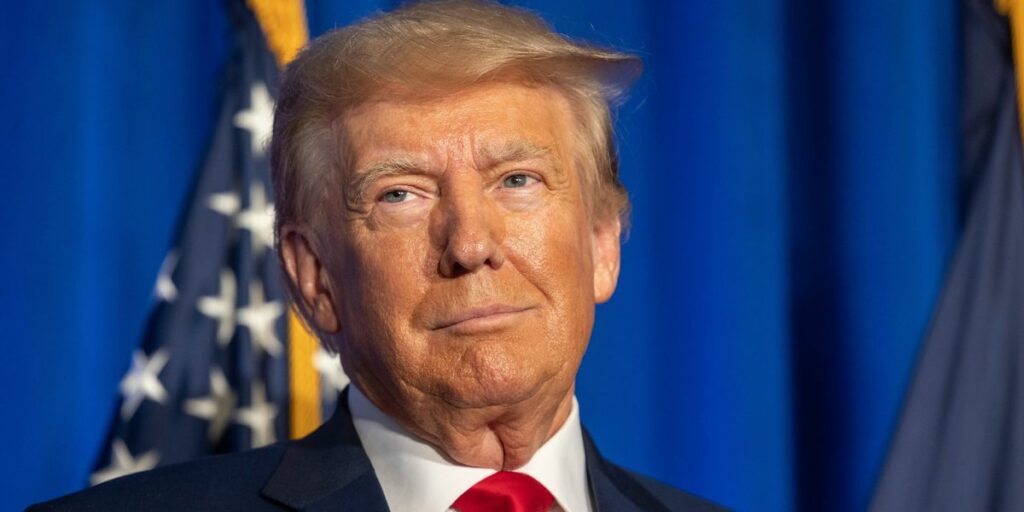An urgent warning from a former CIA and NSA director: our national security is at risk like never before. Michael Hayden, who served under three presidents, reveals that top secret documents were kept at Mar-a-Lago for over a year, potentially compromising our secrets. Despite his difficulty speaking due to a stroke, Hayden felt compelled to speak out against Trump’s alleged crimes and the danger he poses. And he’s not alone. John Kelly, Trump’s former chief of staff, has sworn that Trump discussed investigating his perceived enemies, including FBI officials involved in the Russia investigation. These shocking revelations come as Trump faces mounting legal trouble and a history of carelessly revealing classified information. Our safety is in the hands of one man’s ego, and the terrifying thought is that he could still become president. Don’t miss this eye-opening excerpt from “The ReidOut.”
The Vulnerability of America’s Safety: Unveiling the Impact of Trump’s Ego
Introduction
The presidency of Donald J. Trump will undoubtedly be remembered as one of the most controversial and divisive periods in American history. While his policies and actions have been widely debated, one aspect that cannot be ignored is the impact of his ego on America’s safety. This article aims to shed light on the vulnerability of America’s safety under Trump’s leadership, examining how his ego-driven decisions and rhetoric have undermined national security.
Ego-driven Decision Making
Trump’s ego has been a driving force behind many of his decisions, often leading to impulsive and ill-considered actions. One prime example is his decision to withdraw from the Iran nuclear deal, a move that not only strained relations with key allies but also left a void in international efforts to curb Iran’s nuclear ambitions. By prioritizing his own ego and desire to dismantle the achievements of his predecessor, Trump jeopardized America’s national security interests.
Furthermore, Trump’s ego-driven decision making has been evident in his approach to international alliances and agreements. His withdrawal from the Paris Climate Agreement and the Trans-Pacific Partnership, coupled with his disdain for NATO, have weakened America’s position on the global stage. These actions have eroded trust among allies and emboldened adversaries, leaving America more vulnerable to emerging threats.
Undermining Intelligence Agencies
Another concerning aspect of Trump’s ego is his consistent undermining of the intelligence community. From dismissing their assessments on Russian interference in the 2016 election to publicly questioning their credibility, Trump has created a culture of distrust and division within these agencies. This erosion of trust not only hampers their ability to effectively gather and analyze intelligence but also weakens America’s ability to respond to emerging threats in a timely and coordinated manner.
Rhetoric and National Security
Trump’s ego-driven rhetoric has also had a significant impact on America’s safety. His inflammatory and divisive language has fueled domestic tensions, leading to an increase in hate crimes and acts of violence. This internal strife not only distracts from addressing external threats but also weakens the fabric of American society, making it more susceptible to manipulation by foreign actors seeking to exploit these divisions.
Moreover, Trump’s ego-driven rhetoric has strained relations with key allies, such as Canada, Mexico, and European nations. By engaging in public spats and trade wars, he has alienated longstanding partners, further isolating America on the global stage. This isolation weakens America’s ability to form strong alliances and coalitions necessary to address complex security challenges, such as terrorism and nuclear proliferation.
Conclusion
The vulnerability of America’s safety under Trump’s leadership cannot be understated. His ego-driven decision making, undermining of intelligence agencies, and divisive rhetoric have all contributed to a weakened national security posture. As the United States faces an increasingly complex and interconnected world, it is crucial to have a leader who prioritizes the nation’s interests over personal ego. Only by recognizing and addressing these vulnerabilities can America regain its position as a global leader committed to the safety and security of its citizens.

